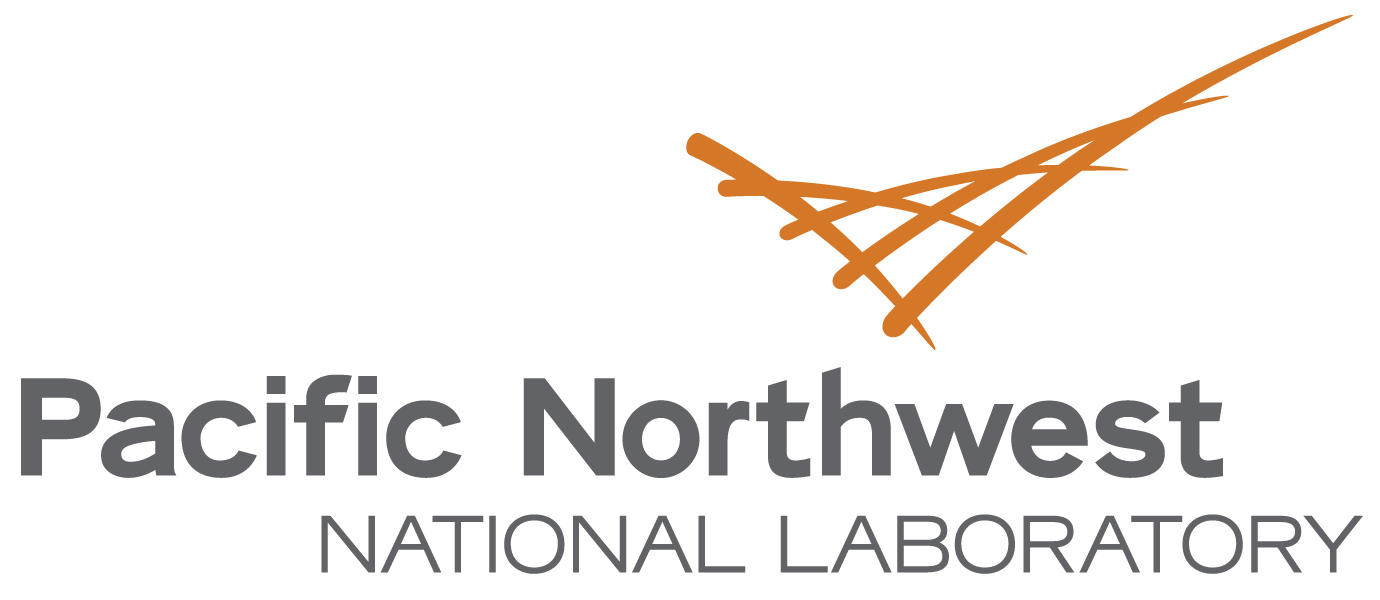By Jesenia Hernandez
Newswise — Physicist Emily Mace will share her science journey and an interactive presentation about her current research with middle school and high school students from across the country at the National Science Bowl (NSB), April 27 through May 1 in Washington, DC. The Pacific Northwest National Laboratory (PNNL) expert in low-level radiation detection is one of five scientists from across the country invited to attend and talk to students about their work.
The Department of Energy (DOE) created the National Science Bowl in 1991 to encourage students to excel in mathematics and science and to pursue careers in these fields.
“I’m honored,” said Mace. “I’ve always loved science and the way it ignites a sense of curiosity that can take your career in any direction. I hope to encourage students to stay excited about what they do. I relate to that even outside of my role as a scientist—every day is a new opportunity to learn something.”
Mace has prepared a fun presentation of her research and will give students a glimpse into a unique lab space that very few have access to. Students will see themselves in science, technology, engineering, and mathematics (STEM) at PNNL and use their imagination as Mace transports them 40 feet underground to the Shallow Underground Laboratory (SUL), where her research on radiation detection transpires.
Off to Science Bowl Nationals
Mace specializes in detecting extremely low levels of radiation, which can be important markers of ecological and nuclear events. She uses the laboratory’s unique ultra-sensitive radiation detectors and PNNL’s Shallow Underground Laboratory to uncover insights about a wide range of phenomena. Mace specializes in measuring argon-37, which can indicate nuclear test activity, and argon-39, which can be used to understand groundwater recharge rates. These isotopes can be extremely difficult to measure at atmospheric levels because of their low natural abundance.
In October 2022, Mace hosted DOE Office of Science, National Albert Einstein Distinguished Educator Fellow Laura Akesson for a tour of the Shallow Underground Laboratory. The two scientists connected in their passion for physics, as Akesson had been an AP and honors physics teacher to students in grades 11 and 12. PNNL’s Office of STEM Education introduced Akesson to the lab’s research capabilities, STEM outreach efforts, Workforce Development for Teachers and Scientists interns, Student STEM Ambassadors program, and the STEM Ambassador program in which Mace participates.
Since then, Mace was invited to National Science Bowl. Her tour with Akkeson serves as inspiration for connecting with youth and sharing her research. Mace has been immersed in learning more about the competition and students participating. Last month, she attended the Regional Science Bowl at Columbia Basin College and hosted by PNNL. She is excited to use what she learned and help volunteer for the NSB after her presentations.
See yourself in STEM at PNNL
Students at the NSB will dive into Mace’s research in full gear. “I am going to invite them to tour the underground with me,” said Mace. She’ll walk them through the process of putting on a full cleanroom suit, also known as a bunny suit, and the importance of maintaining a clean environment in the SUL. Students will participate in the presentation while wearing most of the bunny suit.”
“In the lab, we represent one of the biggest hazards to low background detectors. I want them to know why it matters to the science to suit up and give them practical knowledge too. A single fingerprint could ruin an entire experiment,” said Mace.
Once students are dressed for the lab, she’ll take them on a journey through the science. The SUL supports many areas of research, including fundamental physics, environmental science, and national security. She’ll talk about the collaboration that occurs in a national lab setting, bringing together researchers of all fields to advance science in multiple areas. However, the focus will be on the use of copper detectors to measure gas signatures like argon-37 and argon-39.
###
About PNNL
Pacific Northwest National Laboratory draws on its distinguishing strengths in chemistry, Earth sciences, biology and data science to advance scientific knowledge and address challenges in sustainable energy and national security. Founded in 1965, PNNL is operated by Battelle for the Department of Energy’s Office of Science, which is the single largest supporter of basic research in the physical sciences in the United States. DOE’s Office of Science is working to address some of the most pressing challenges of our time. For more information, visit https://energy.gov/science. For more information on PNNL, visit PNNL's News Center. Follow us on Twitter, Facebook, LinkedIn and Instagram.



